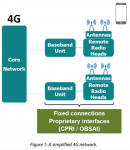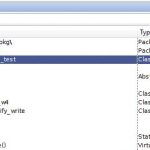Lately, I’ve been cataloging the number of impossible-to-verify technologies we face. All forms of machine learning and inference applications fall into this category. I’ve yet to see a regression test to prove a chip for an autonomous driving system will do the right thing in all cases. Training data bias is another interesting… Read More
Tag: verfication
A Brief History of PSS at Breker
Verification engineers are hearing a lot about the Portable Stimulus Standard (PSS), and for good reason because it could potentially save them time and effort in doing their jobs much better. In order to get the big picture on what PSS is all about I contacted Adnan Hamid, founder and CEO of Breker Verification Systems, because … Read More
Verifying the RTL Coming out of a High-Level Synthesis Tool
With High-Level Synthesis (HLS) the first benefit that comes to my mind is reduced design time, because coding with C or SystemC is more efficient than low-level RTL code. What I’ve just learned is that there’s another benefit, a reduction in the amount of functional simulation required. One HLS customer was able … Read More
Constrain all you want, we’ll solve more
EDA tool development is always pushing the boundaries, driven in part by bigger, faster chips and more complex IP. For several years now, the trend has been developing tools that spot problems faster without waiting for the “big bang” synthesis result that takes hours and hours. Vendors, with help from customers, are tuning tools… Read More




